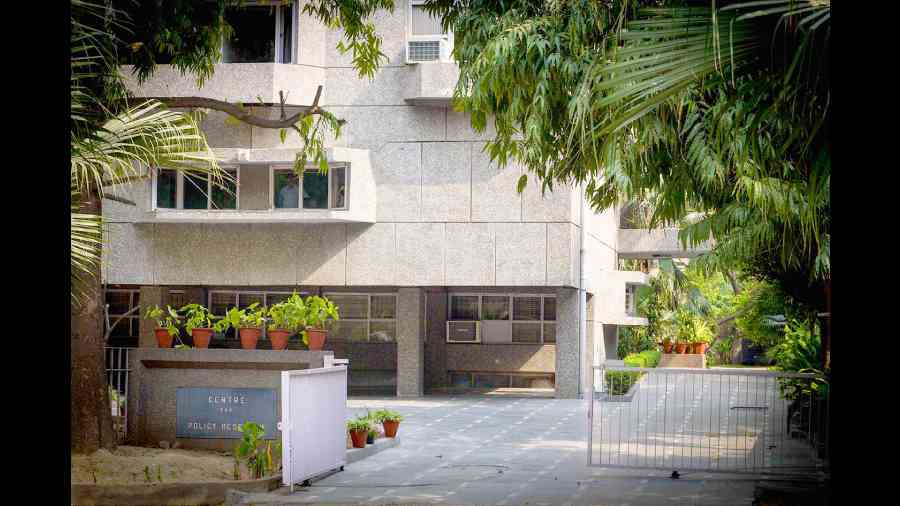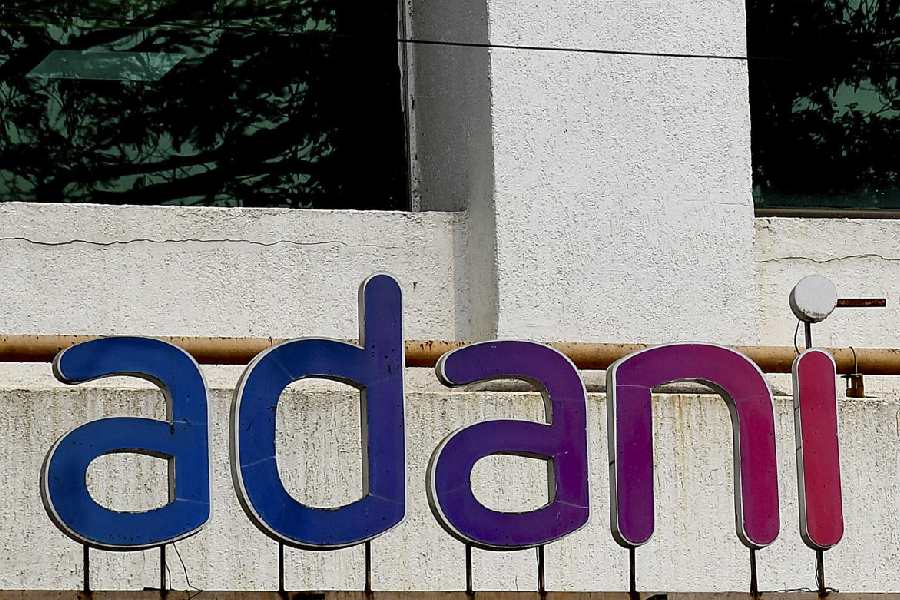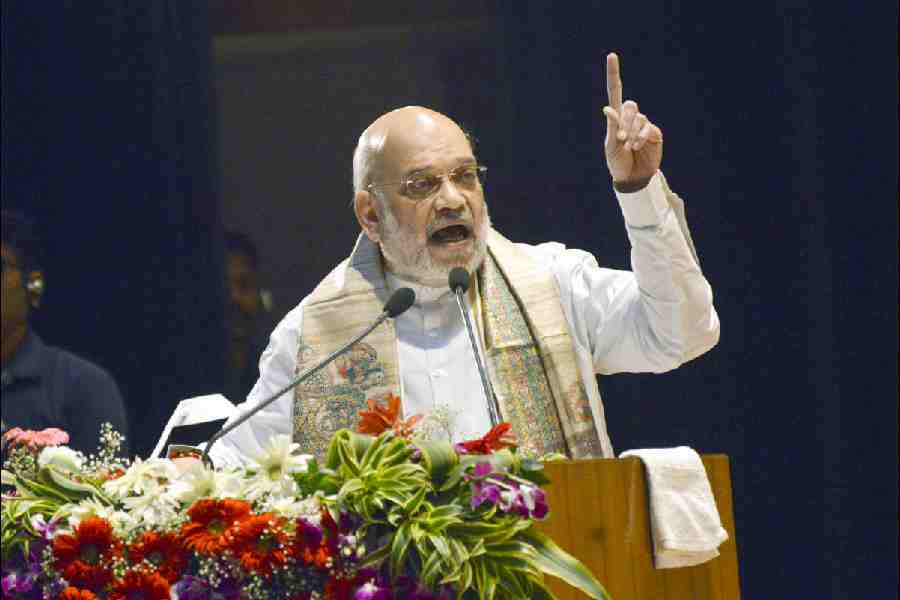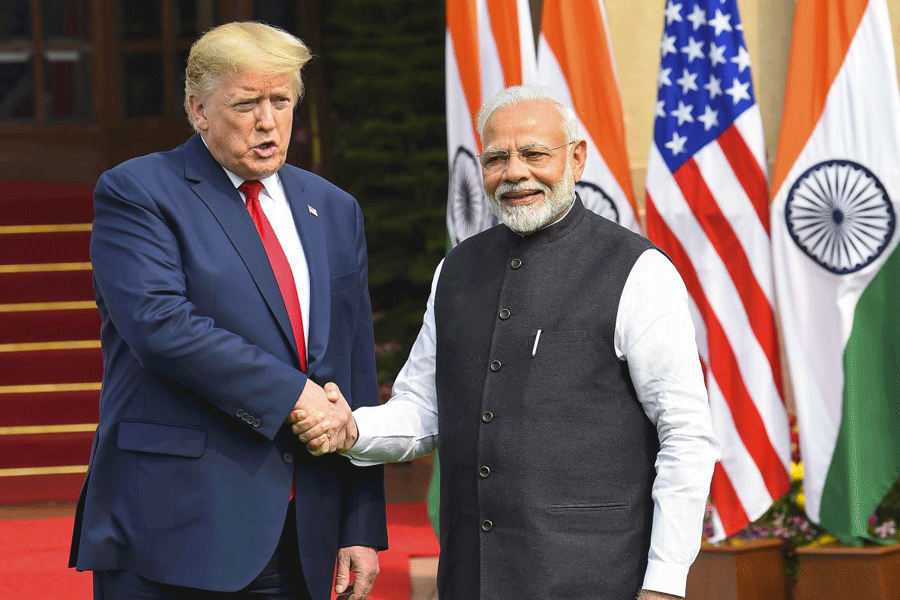The Centre for Policy Research, one of our foremost resource pools of knowledge, will be fifty this year. Or would it be better to say would have been fifty this year? For this may well be the institution’s dying year, or the year it was disabled through doses of financial asphyxia.
First, a gentle smothering last September — an income tax troupe at the doorstep in the benign clothing of a survey. Then the throttling grab at the throat this February — suspension of CPR’s lifeline funds received under provisions of the Foreign Contribution (Regulation) Act. This, coupled with a dark cloud overhanging IT exemptions granted to the institution, meant that CPR had been knocked off its perch; it had gone, in its golden jubilee year, from being a centre of intellectual vibrancy to wondering bleakly about its viability. Eighty per cent of CPR’s funds came from foreign donors; the FCRA guillotine meant it could not even hope to incur the minimal salary expenditure on its 150 or so staff members.
At the time that I began a few conversations about what was happening at CPR and why, a press conference on the crushing of fundamental freedoms in Kashmir had been brusquely disallowed by the Delhi Police, Parliament was in an uproar over Rahul Gandhi’s remarks in the UK over the perils to Indian democracy, and the law minister, Kiren Rijiju, had called a few retired judges part of the “anti-India gang”, such as the label is. Since then, Rahul has been disqualified from Parliament courtesy a fast-tracked judicial conviction and even swifter action by the Lok Sabha secretariat, Rijiju’s remarks have been volubly supported, even celebrated, in certain quarters, the case for Kashmiri rights has remained nipped under the policeman’s bandolier, and Amit Shah has made a public promise of jungle justice by announcing that he would have rioters hung upside down. (And, of course, we know that there are nationalist rioters and anti-national rioters and therefore it is clear which ones should expect to hang upside down.)
All of this is of a pattern with what has happened at CPR. The essence of it lies not in the detail of what agency is taking what action and on what grounds, but in the broad purpose being paraded by the government for everyone to take note of and learn from.
It is the same purpose that sends raiding parties and interrogation teams to the homes and offices of leaders that oppose the Narendra Modi regime; it is the same purpose that keeps civil rights activists advocating constitutional guarantees behind bars but rewards blood-curdling calls to sectarian violence; it is the same purpose that sends bulldozers to demolish some homes, just the marked ones; it is the same purpose that equates criticism of an elected executive with treachery towards the nation; it is the same purpose that scores a blank in our history where previously the Mughals used to be; it is the same purpose that runs an eraser over the reasons the RSS was banned after the assassination of Mahatma Gandhi; it is, in fact, the same purpose that has made Nathuram Godse an openly propitiated entity. A comprehensive recasting of things is in the works — an “amritkaal” manthan if you like — and CPR could be one of those things that don’t quite fit the scheme.
Multiple reasons have been ascribed (as speculation, no more) to why the CPR became subject to the government’s adverse attention — strategic research that the powers took a dim view of, forays into areas that may potentially have hurt the government’s cronies, alignment to donors that are disliked by the Establishment and so on. All or none may be correct. The overriding reason there can be no uncertainty about, and it is this: CPR has paid the price for being aligned to the liberal (and therefore stained) ecosystem and for conducting its affairs with an unlicensed air of intellectual freedom.
I have had the privilege of being a participant in discussion events hosted by CPR and what I must report in honesty is that the institution has accorded due space to the worldview of the ruling dispensation, essentially the sangh worldview. But being invited to the CPR table was never going to be enough; it had to be an invitation to the head of the CPR table, to the arbiter’s chair from where it was not conversation that flowed but dictation. As one senior fellow at CPR put it, “In behaving normally, we probably behaved as the antitheses of what they want to create. We behaved with a sense of purpose to our aims and objects which is to be an open and free-thinking institution. Clearly, that’s not what’s acceptable anymore, clearly the signal had to be sent out that we are pariahs.” Ashutosh Varshney, lead Political Science faculty member at Brown University and a deeply engaged commentator on Indian affairs, considers what he called “the attack” on CPR “very bad news”. Critical, even adversarial, work, Varshney argued, should be among the core ideas of institutions like CPR. “It is of course for CPR’s lawyers to challenge allegations that they are in violation of FCRA terms, although it must be said that the government is in an infinitely superior position in such cases. Institutions like CPR lose their very reason if they are deprived from being critical. These are folks trained to appraise and assess policy and often that has to be critical assessment, that is how democracies and democratic institutions function.”
The CPR example — or the turning of CPR into an example — should, once again, goad us to think what sort of democracy it is that we live in, and what the vociferous “mother of all democracies” brag to the world is all about. Bluntly put, we are the sort of democracy in which a political call against the prime minister is tantamount to a cognizable offence; try putting out a poster that proclaims “Modi hatao, Desh bachao” and wait for what comes your way. You may consider yourself fortunate if it’s only an FIR.











